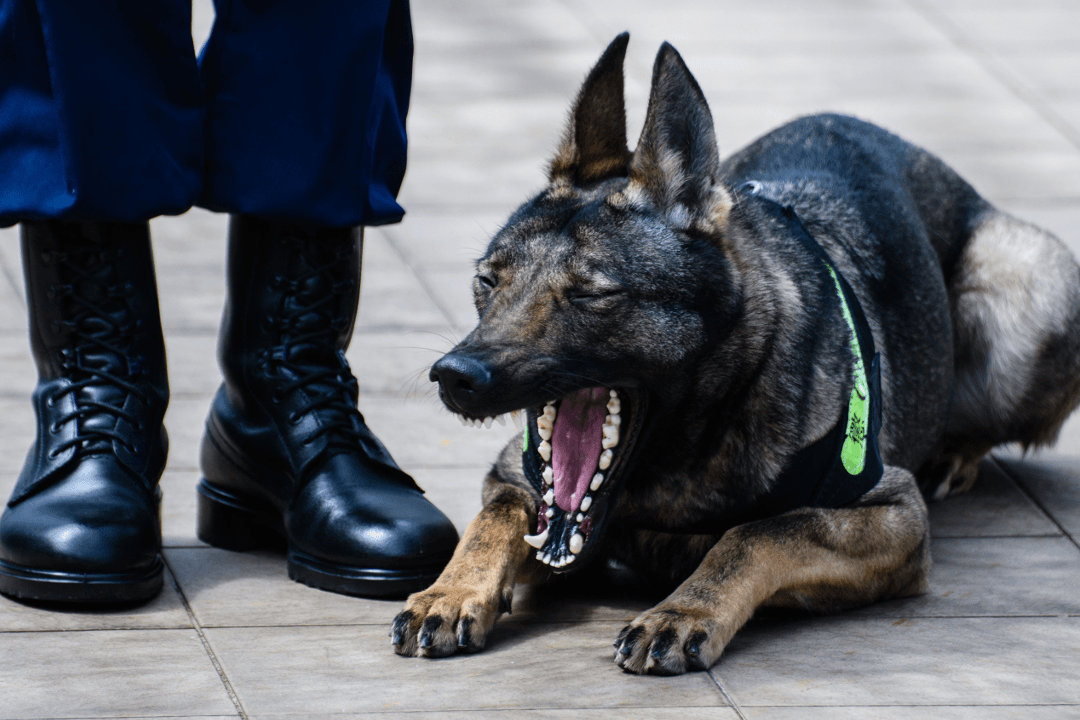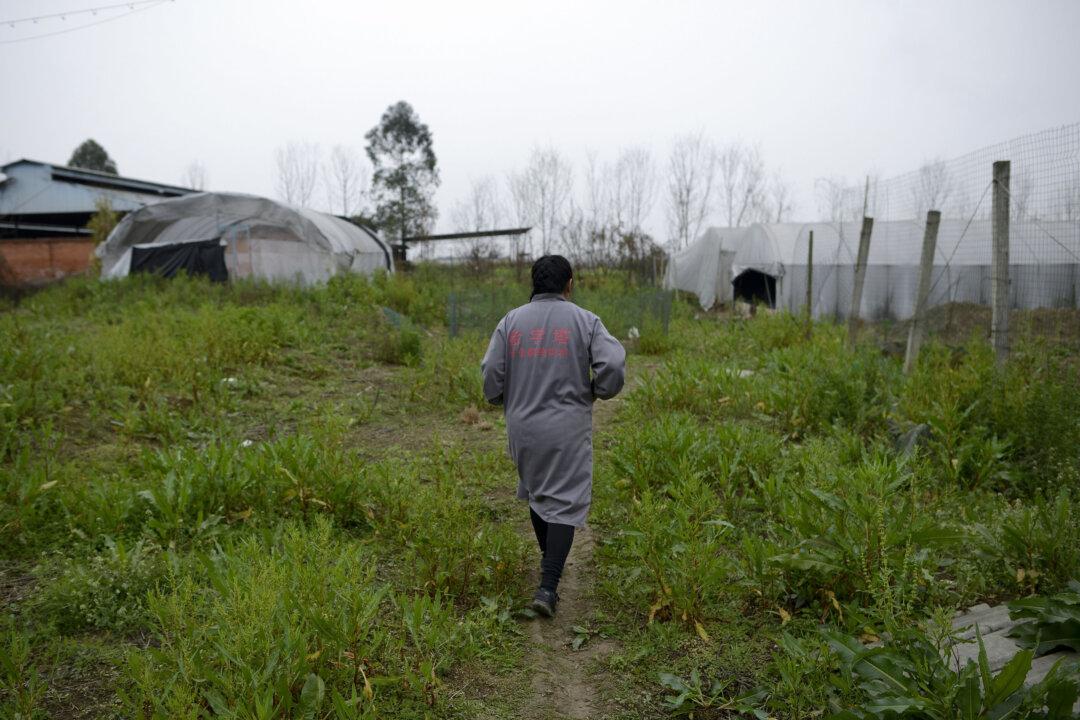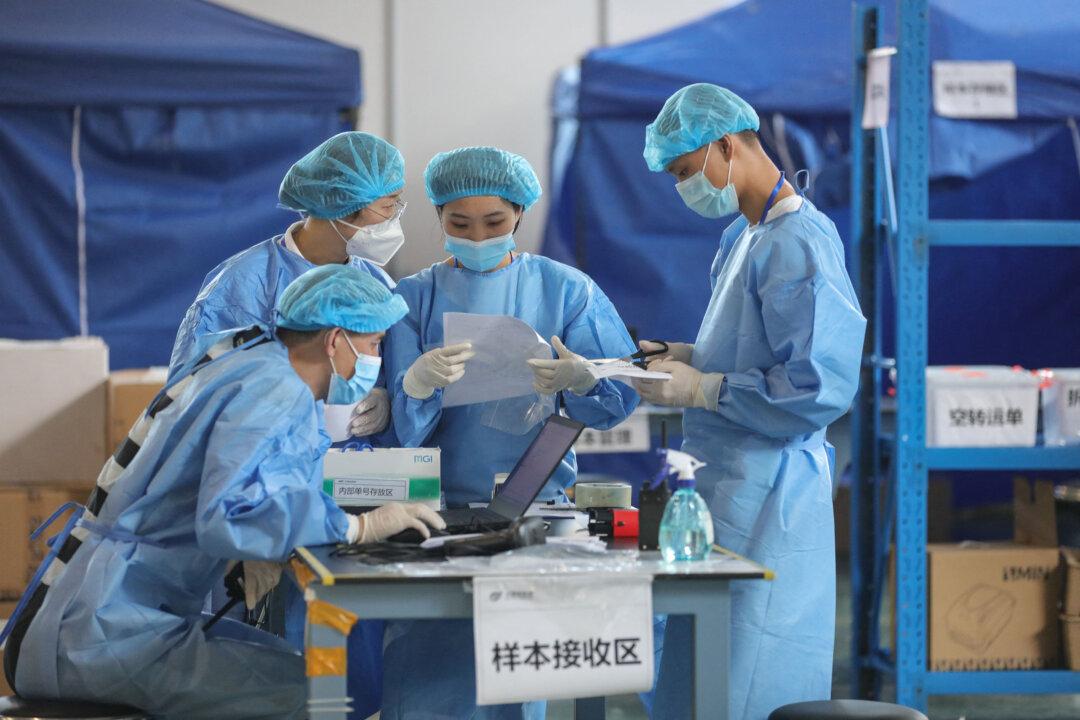China has cloned its first dog with the intent of using it as a police service animal, according to a Chinese state media report on March 19.
The report uses time and money as justification for cloning. It said that training a police dog can take up to five years. The cost could also be over $75,000.





